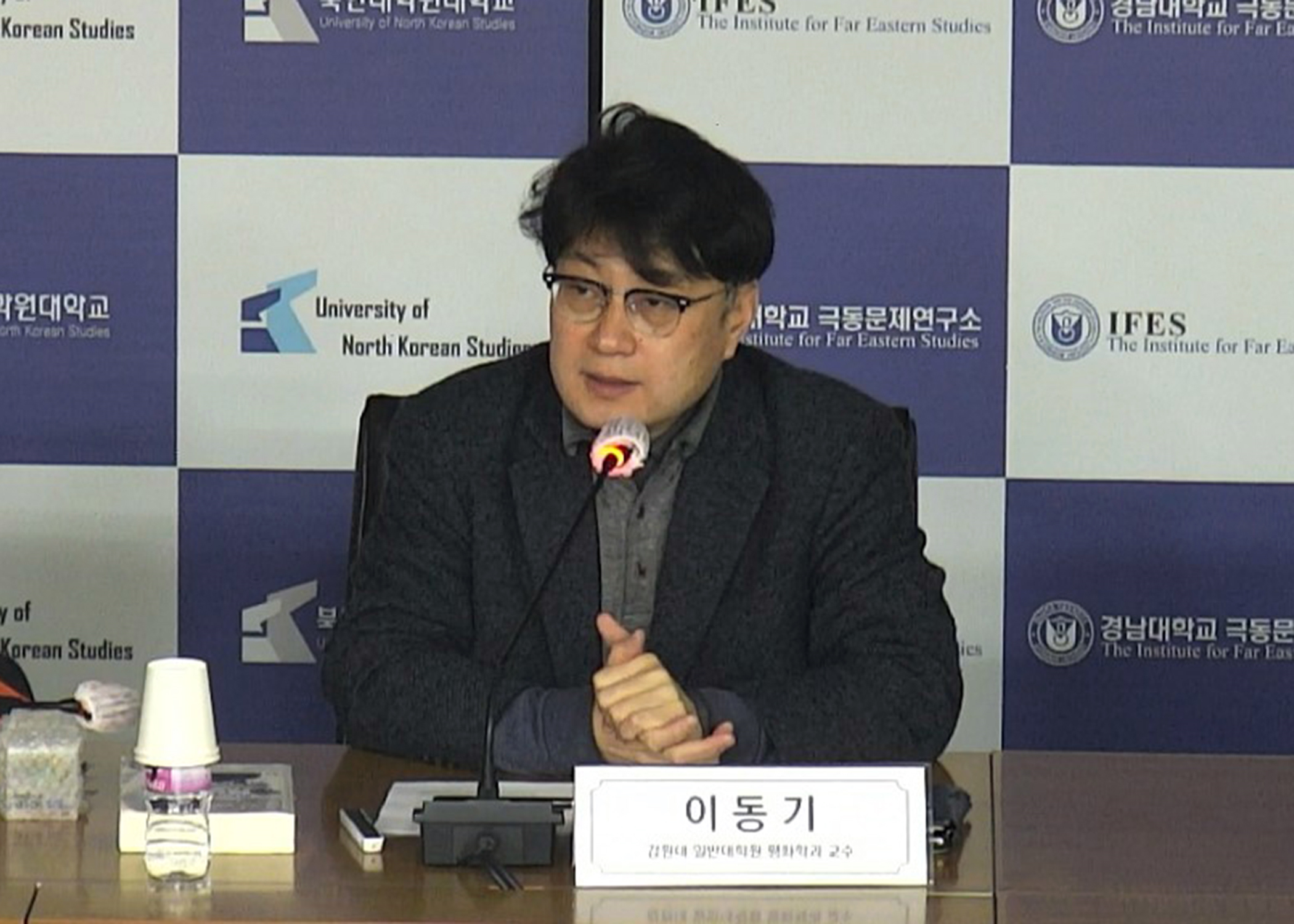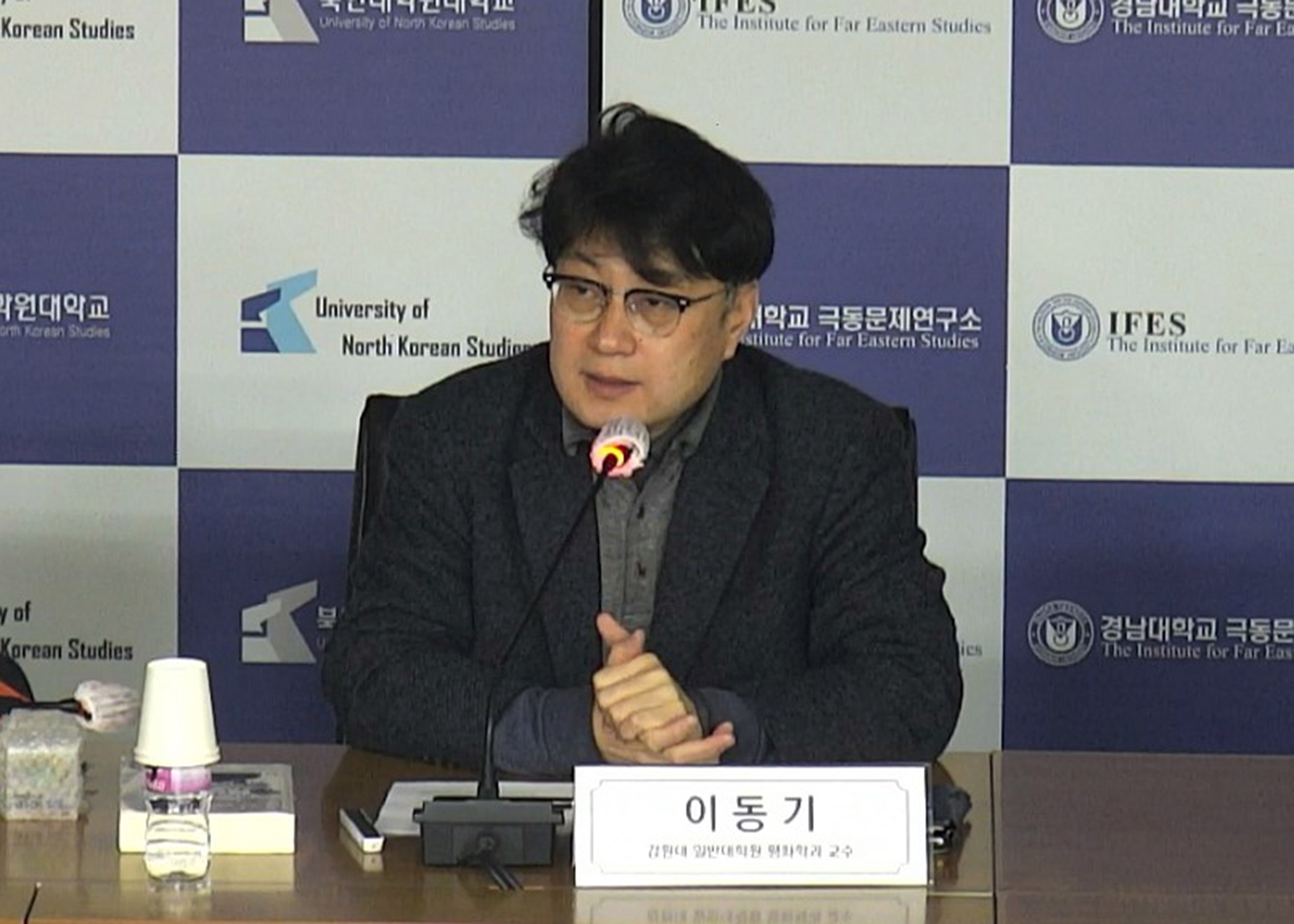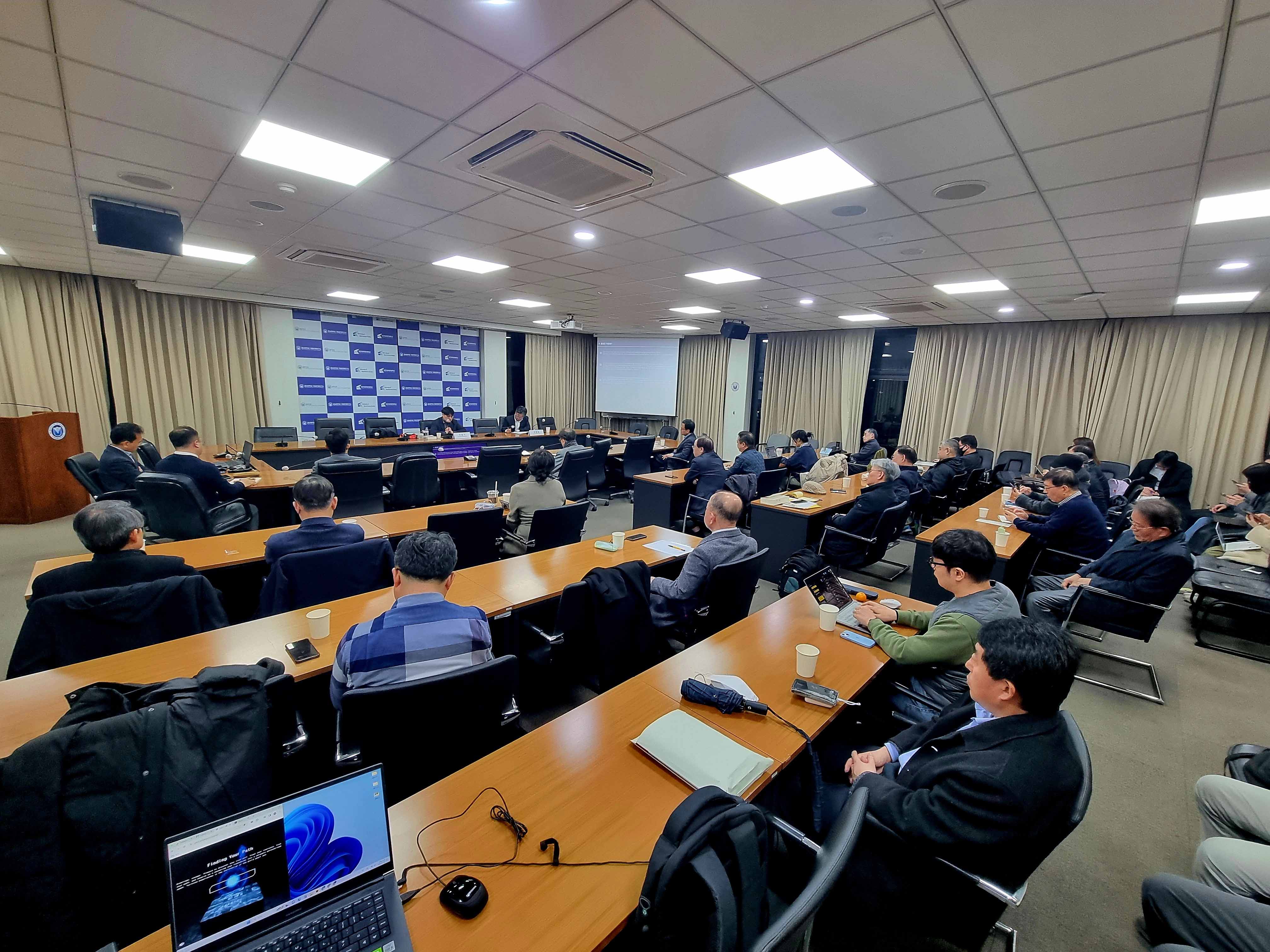
The Institute for Far Eastern Studies, Kyungnam University (Director Lee Kwan-Sei) held its 6th Samcheong Forum on Tuesday, March 5, 2024. At the forum, Professor Lee Dong-Ki (Kangwon National University Graduate School of Peace Studies) gave a presentation on the topic, “East Germany’s abandonment of unification during the division of Germany and the outlook for inter-Korean relations.”
In his presentation, Professor Lee said, “The current North Korea is more similar to East Germany in 1971 when it declared ‘two nations,’ than East Germany in 1968 when it declared ‘abandonment of unification.’” He diagnosed that it is in fact a separation policy with the characteristics of a ‘two nations theory.’ Pointing out that between 1971 and 1974, the terms 'Germany’ (Deutschland, deutsch) or 'Germany as a whole' (Gesamtdeutschland, gesamtdeutsch) disappeared from East Germany's state organizations, social organizations, political activities, and cultural spheres. The recent trend of North Korea erasing and eliminating all reference to South Korea is similar.
Professor Lee said, “North Korea’s abandonment of unification corresponds symmetrically to the changes in the consciousness and orientation of South Korean society’s residents.” He argued that there are three ways for South Korea to respond to this. The first path is the West German-style two-pronged strategy that maintained the nominal ‘unification’ and ‘one nation, two countries’ theory while responding realistically. The second path is to adhere to constitutional principles and repeatedly insist on ‘liberal unification’ or ‘peaceful unification’ in response to North Korea’s demands and claims. The third way is to institutionalize a peaceful cooperative relationship by suggesting a framework for a Korean-Joseon national union in the context of constitutional amendments and regional peace initiatives in response to changes in reality, and to move towards a long-term form of political-state combination. He also expressed the opinion that at this point, “there is a need to abandon the idealistic notion of unification and seek a realistic plan for division and possible hostile reconciliation.”
In-depth discussion followed among the presenter, institute's faculty, and experts who attended the forum.

